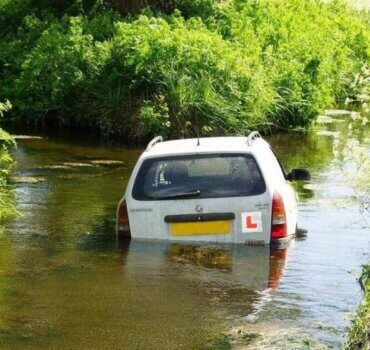
 It might seem like a cop-out to write about the teenagers again, but they are the source that keeps on giving.
It might seem like a cop-out to write about the teenagers again, but they are the source that keeps on giving.
He’s got his driving licence now, and completed a defensive driving course, but it’s restricted so he still can’t drive us home after a night out. He can however be sent out to the supermarket to pick up the things I forgot to get when I went earlier in the day. Of course, the risk you take is that you may not get exactly what you asked for. On this occasion the list included sun dried tomatoes and beer, amongst other things.
Sometime after his return I found, on the bench in the kitchen, a twelve pack of beer and a jar of sundried tomato and olive chutney. During the ensuing debate his sister said: “so you read the label as far as sun dried tomato and then stopped?” The reply was “Yup – that’s about it” and then he asked, “What even is chutney?”
As it happens, it goes quite well in a pasta dish, perhaps even an improvement on the original recipe.
The thing I was more perturbed about was that the beer had been sitting on the bench warming up for long enough to necessitate a change of plan for the evening’s refreshments. It’s like the dishwasher – that last bit of the journey is a step too far, and the beer had not made it to the fridge. As I then explained, there are only two places, in this country anyway, in which a bottle of beer can reasonably be: In the fridge, or in the hand of the person drinking it.
These young people who are about to inherit the earth will probably drink warm beer and live without chutney, but with a bit of luck they will inherit a house along with the earth because it’s becoming increasingly difficult to buy one. Banks are stress testing at three per cent above the card rate and a 20 per cent deposit for most young people is about as realistic a goal as a new apartment overlooking the Sea of Tranquility (the one on the Moon).
One of my clients is a financial advisor and he told me only this morning that he advises many of his own clients to rent. It is an economical way of housing oneself, the costs are fixed, or relatively so, and maintenance is covered, as are the rates. Then I got home, and my wife said she had heard a radio interview with an economist today who had said exactly the same thing. There are many who think they know what the future of the housing market looks like, but they’re probably wrong. They usually are.
I don’t claim to know about the future, but I do know that today there are a lot of people clinging to paper profits which have long since evaporated. The good news is that it’s the same on the other side of the deal – swings and roundabouts.








